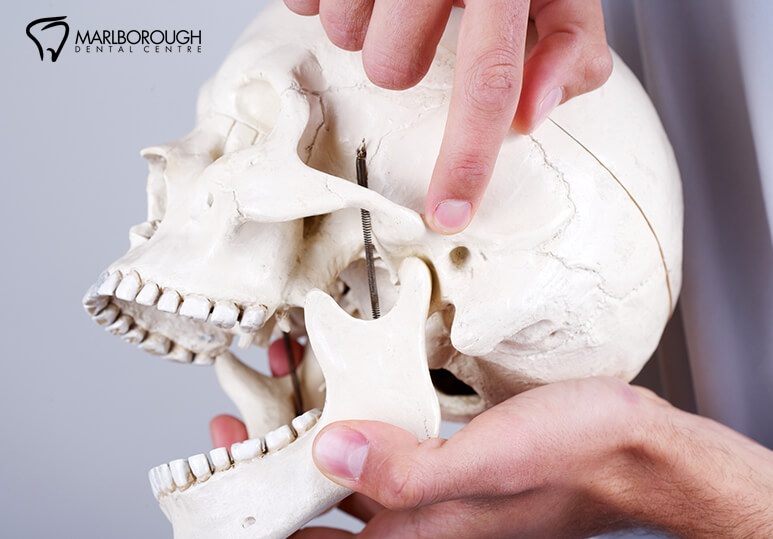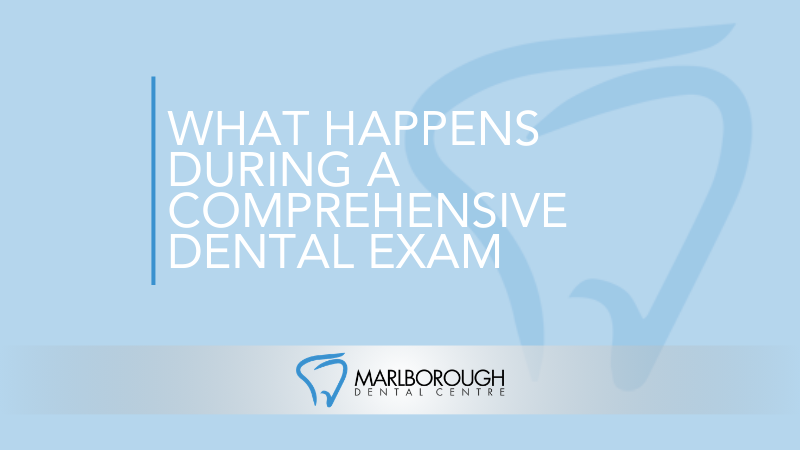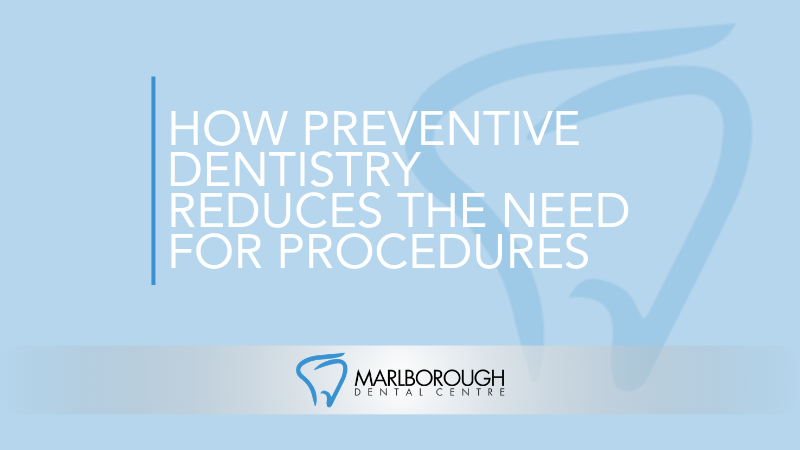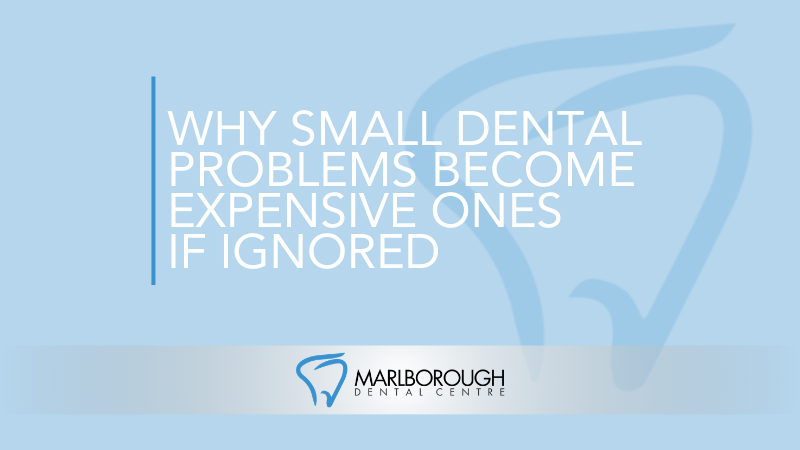TMJ Versus TMD
Temporomandibular Joint. The temporomandibular joint (TMJ) is the small, delicate joint that connects the jawbone (the mandible) to the skull (the temporal bone). Although this joint is small, it is vital to the function of the jaw, as it allows the jaw to open and close as it is both a hinge joint and a sliding joint. Because of how small this joint is and how often it gets used, it is easy for it to become inflamed, irritated, or damaged, which can lead to discomfort as well as issues with speaking and eating.
Temporomandibular Joint Disorder. Temporomandibular joint disorder (TMD) is anything that damages or impacts the function of the TMJ. TMD is often caused by overuse, infection, inflammation, or deterioration caused by arthritis. Symptoms of temporomandibular joint disorder often include:
- A locking or clicking jaw
- Pain in the jaw or face
- Tenderness in the jaw muscles
- Neck or shoulder pain
- Earaches
- Tooth pain
- Swelling on the side of the face
- Maloclusion (misalignment of the teeth)
- Muscle spasm
- Difficulty chewing.
How Temporomandibular Joint Disorder Is Diagnosed. When there is an issue with this joint, it is often detected during a visit to the dentist. During a routine dental examination, the dentist will test your jaw for its range of motion and will lightly press on and around your jaw and jaw joints. By doing this, the dentist can often detect when there is an issue with the TMJ and they may call for an X-ray, Cone Beam Computed Tomography (CBCT) scan, or a Magnetic Resonance Imaging (MRI) scan. Because of how integral the TMJ is, any signs of TMD may warrant these scans and a referral to a specialist.
How Temporomandibular Joint Disorder Is Treated. If your TMD is mild, you may be able to use home remedies. You can apply cold/heat and do stretches, eat soft foods for a while, learn jaw relaxation techniques, or wear a nightguard. Nightguards are a particularly common treatment, as TMD is often caused by grinding your teeth. In more extreme cases, patients may require:
- Transcutaneous Electrical Nerve Stimulation (TENS), which is a low-level electrical current designed to reduce pain by relaxing the jaw and facial muscles.
- BOTOX® to reduce muscle mass inflammation.
- Trigger-point injections, which are an anesthetic injected into the sore face muscles to relieve pain.
- Radio wave therapy, where radio waves are used to create a low-level electrical stimulation to increase blood flow to the TMJ.
- Braces. TMD can be caused by a misalignment of teeth and when your bite is aligned by braces it can relieve the tension in the TMJ.
Check For TMD With Marlborough Dental In Calgary
If you feel pain in the area of your TMJ or if you have any of the symptoms above, you may have temporomandibular joint disorder. Your Calgary dentist can confirm this when you schedule an appointment for dental services and they can make recommendations for restorative dental care that will relieve your TMD symptoms. Our team of Calgary dentists offer custom night guards and other simple, easy-to-follow solutions to help you correct this disorder and alleviate any pain and discomfort. For more information on TMD, or to book an appointment today, contact the Marlborough Dental Center at 1-403-248-2066 or fill out the online contact form.
FAQ
Q: What happens if TMD goes untreated?
A: Your TMJ health affects more than just your jaw, it can also create pain in your face, neck, shoulders, and ears. In severe cases, it can be an underlying cause for headaches/migraines, ringing in your ears, dizziness/vertigo, tingling and numbness in the fingers, and neck/back pain. The symptoms of temporomandibular joint disorder and oral cancer overlap, so if you suspect you have TMD, you’ll want to confirm that is what it actually is.
Q: How can I reduce my risk of getting temporomandibular joint disorder?
A: There can be many causes for pain in your TMJ, but some ways to reduce pain are:
- Quit smoking
- Don’t use your teeth as tools
- If your jaw is sore, give it a break by eating softer foods
- Don’t grind your teeth or clench your jaw. If you do this while you sleep, you should ask your dentist about a night guard.
Q: Does my dental hygiene affect temporomandibular joint disorder?
A: Typically it’s the other way around: temporomandibular joint disorder affects dental hygiene. Because the TMJ is a joint that’s not exposed within the mouth, a lack of tooth brushing won’t make a difference in this case. However, having pain in the joint that allows your jaw to open can discourage people from brushing their teeth or flossing. This will lead to a lot more pain later when you develop cavities or gum disease and have to deal with that ache and the discomfort of sitting in the dentist’s chair for an extended period with your mouth open. If your temporomandibular joint disorder pain is bad enough that you can’t open your mouth for regular dental hygiene, see your dentist right away.




